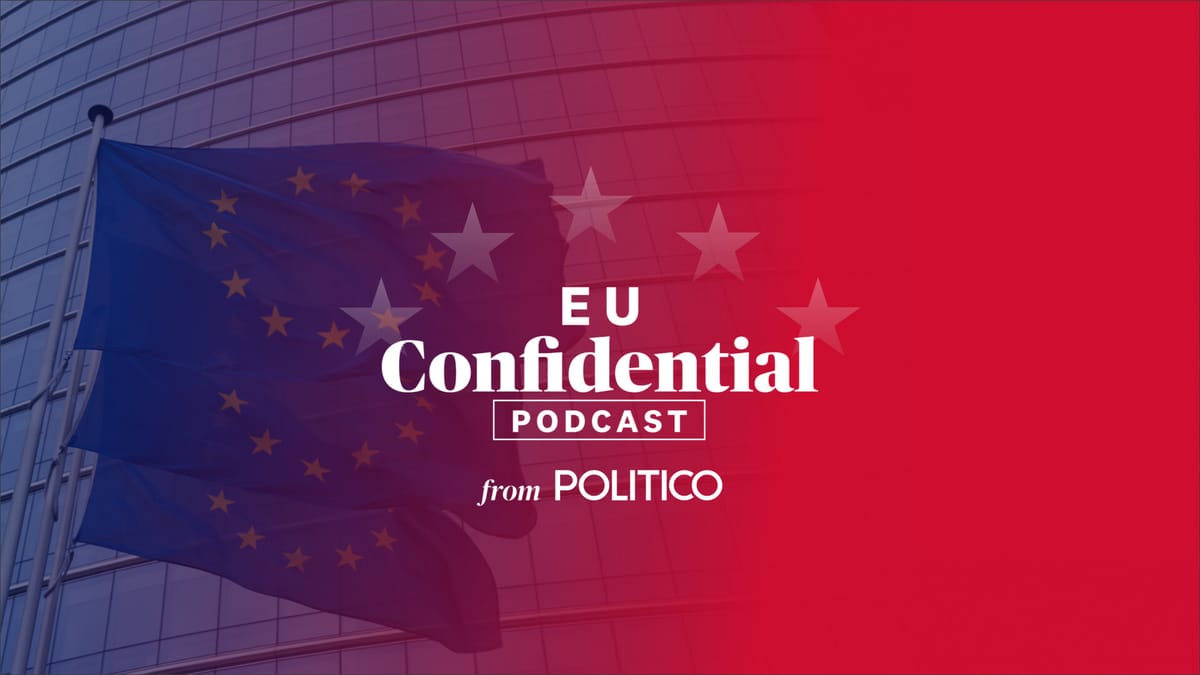Politics
Europe Faces New Trade Challenges Amid U.S. Tariff Threats

At the recent European Forum Alpbach held in Austria, discussions intensified over potential U.S. tariffs targeting European countries based on their digital regulations. Host Sarah Wheaton facilitated the dialogue, which included immediate responses from Sabine Weyand of the European Commission and Nobel laureate Joseph Stiglitz. The conversations highlighted the growing tensions in transatlantic trade relations and prompted questions about Europe’s ability to lead in global trade and technology.
Europe’s Response to U.S. Trade Policies
The threat of tariffs from the United States has raised alarms in Europe, with officials expressing concerns over the implications for economic stability and international relations. Weyand articulated the European Commission’s stance, emphasizing the need for a coordinated response to U.S. policies that could undermine European economies. Stiglitz, known for his expertise in economic policy, stressed the importance of a unified European front against unilateral U.S. actions, suggesting that fragmentation could further weaken the continent’s position.
In a subsequent discussion, Arancha González Laya, the former Spanish Foreign Minister and current dean of the Paris School of International Affairs at Sciences Po, offered insights into how Europe can transition from a reactive stance to one that proactively shapes the global trade landscape. She argued that Europe must harness its collective strength to not only respond to external pressures but also to establish itself as a leader in setting standards for trade and technology.
Shifting from Limitation to Leadership
González Laya noted that the current perception of Europe as “limping along” is outdated. She urged European leaders to focus on innovation and collaboration, suggesting that a more assertive approach could foster stronger alliances and enhance competitiveness in the global market. The former minister emphasized that Europe has the potential to redefine its role on the world stage by prioritizing strategic partnerships and embracing technological advancements.
The discussions at the European Forum Alpbach reflect broader concerns about the future of international trade amid shifting geopolitical dynamics. As the U.S. continues to evaluate its trade policies, European nations are faced with the challenge of adapting to these changes while striving to maintain their economic integrity. The need for a cohesive strategy is paramount, as Europe seeks to navigate the complexities of digital regulations and trade agreements.
Overall, the forum served as a critical platform for addressing these pressing issues, with participants advocating for a unified European response to external threats. The insights shared by leaders like Weyand, Stiglitz, and González Laya underscore the urgency for Europe to reclaim its influence in global trade discussions and to proactively define the rules that govern the international economy.
-

 Top Stories3 months ago
Top Stories3 months agoTributes Surge for 9-Year-Old Leon Briody After Cancer Battle
-

 Entertainment4 months ago
Entertainment4 months agoAimee Osbourne Joins Family for Emotional Tribute to Ozzy
-

 Politics4 months ago
Politics4 months agoDanny Healy-Rae Considers Complaint After Altercation with Garda
-

 Top Stories4 months ago
Top Stories4 months agoIreland Enjoys Summer Heat as Hurricane Erin Approaches Atlantic
-

 World5 months ago
World5 months agoHawaii Commemorates 80 Years Since Hiroshima Bombing with Ceremony
-

 Top Stories3 months ago
Top Stories3 months agoNewcastle West Woman Patricia Foley Found Safe After Urgent Search
-

 Top Stories5 months ago
Top Stories5 months agoFianna Fáil TDs Urgently Consider Maire Geoghegan-Quinn for Presidency
-

 World5 months ago
World5 months agoCouple Convicted of Murdering Two-Year-Old Grandson in Wales
-

 World5 months ago
World5 months agoGaza Aid Distribution Tragedy: 20 Killed Amid Ongoing Violence
-

 World5 months ago
World5 months agoAristocrat Constance Marten and Partner Convicted of Infant Murder
-

 Top Stories4 months ago
Top Stories4 months agoClimbing Errigal: A Must-Do Summer Adventure in Donegal
-

 Top Stories4 months ago
Top Stories4 months agoHike Donegal’s Errigal Mountain NOW for Unforgettable Summer Views









